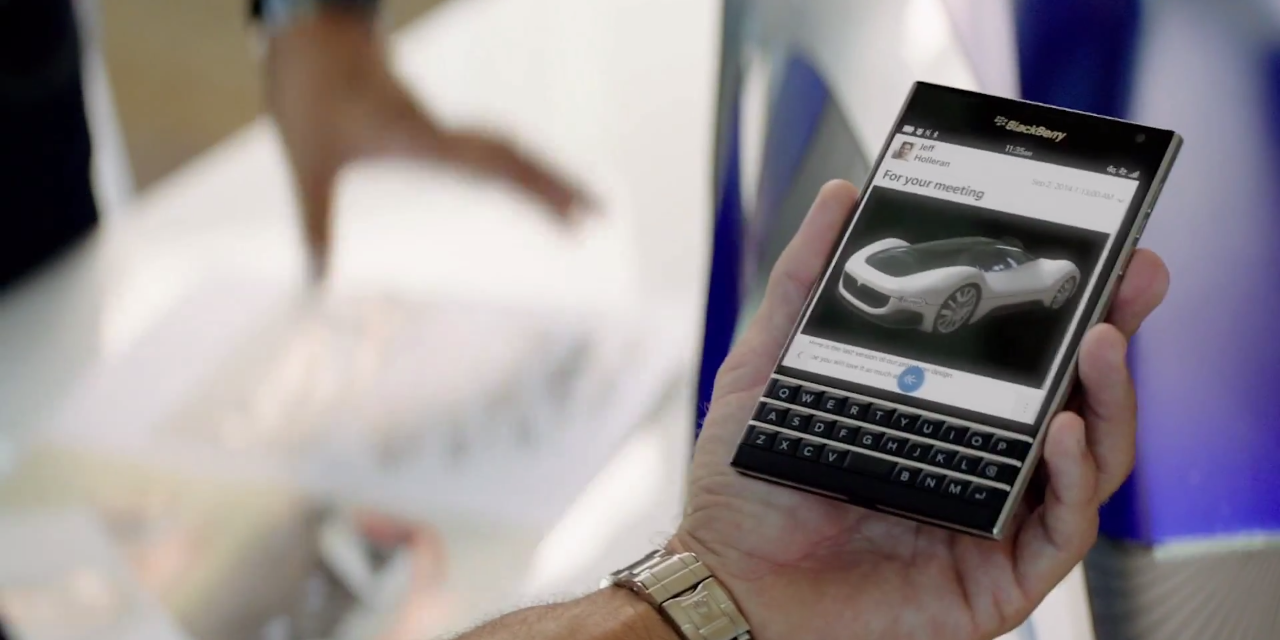BlackBerry, the former king of the smartphone mountain and jewel of Canada’s technology industry, is again trying to reignite its fortunes with a new device, the Passport. Launched on Wednesday, the… er… passport-shaped Passport is a clear effort to stand out from the rest of the pack, with a full three-row keyboard set underneath a full-sized 4.5-inch screen.
Different is good in a field of phones where, if you squint a bit, everything looks the same. But there are at least three major obstacles BlackBerry is facing with its latest effort.
1. “Business users”
It’s interesting the company is focusing on so-called business users, the people who made the company a huge success in the first place. It’s a supposedly smarter play than going after the wider consumer market, which BlackBerry has roundly lost to Apple and Android. But it’s not clear that any delineation exists between business users and regular consumers anymore.
The bring-your-own-device trend is in full force, and for good reason: no one wants to carry two phones. According to analysis firm Gartner, BYOD is quickly going from optional to mandatory. By 2017, more than half of employers won’t just tolerate employees bringing their own phones, they’ll insist on it as they move to lower their own costs.
Is the Passport a production powerhouse? Perhaps, but it’s not exactly slick-looking and apparently flopped with focus groups. Consumers and business users alike—allow me to coin the phrase “Bizsumers”—ultimately want a sleek phone for their own personal use. The Passport may be too different in that respect.
2. Security
Aside from physical keyboards, BlackBerry has always touted security as one of its core virtues. On that front, Apple and Google have improved by leaps and bounds.
Apple now offers encryption on its phones that can’t be broken even by the company, while Google is promising the same in its next version of Android. The features have law enforcement officials “alarmed,” which is a giant endorsement for those companies.
Are BlackBerry phones more secure than competitors’? Possibly, but Apple and Google are certainly at least at that “good enough” level where the advantage has been mitigated.
3. Price
Chief executive John Chen has touted the Passport, selling for $599 in the U.S. and $699 in Canada (or $250 on a two-year contract), as a cheaper alternative to the iPhone, but the device needs to be priced way lower given his company’s status in the market.
Having shipped just 0.5% of the world’s smartphones in the second quarter, BlackBerry is in no position to be charging what is still a premium price for a device that many people – and companies – will be wavering on at best.
This story originally appeared in Canadian Business











